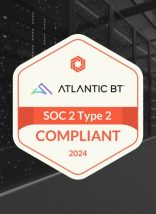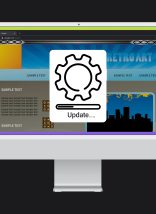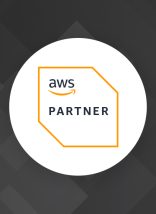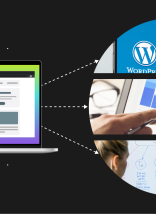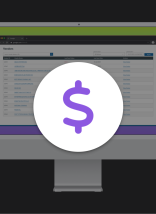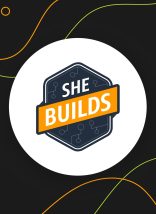This conversation with Brian Yanish from @MarketingHits started on the Ecommerce Revolution on Scoop.it. Read the original Search Engine Watch article 10 Old SEO Methods You Need to Stop.
Search Engine Watch tease to their article:
Article submissions and reciprocal linking. Ignoring social signals and too much focus on ranking. Optimizing only for Google and creating content that’s thin. These are a few of my least favorite SEO things.
Brian Yanish made an excellent comment on Scoopit:
« With Google’s personal search results other customer/visitor touch points are going to become more important than ever before. Be it Twitter, Facebook, or Pinterest, getting the new visitor to your site from a source other than Google will play an major factor in that visitors future Google results. SEO just got harder! »
Marty
Yes, SEO got harder AND easier. Harder because the horse race for social touch points is ON. If your competitor gets 100,000 Facebook LIKES before you, that will HURT your SEO and organic traffic. SEO has become “easier”, because you can leverage social as a channel against Google. This “channel diversification” can protect your critical access to online traffic.
Here is how channel diversification idea works. Let’s say your current converting traffic by channel looks like this:
- Google Organic 30%.
- Google PPC 40%.
- Social 5%.
- Email marketing 20%.
- Other 10% (like mobile or affiliate).
You are not highly diversified if you have the distribution above. If Google hurts your organics with another Panda, Penguin, Lion, Tiger or Bear (oh my) change, you will need to increase PPC spend just to stay even. You may reach the dreaded “point of diminishing return” and see your PPC contribution to profits (if you are lucky enough to get any, net net) slide. PPC’s point of diminishing return is “dreaded” because you can spend more but you make less, and less and less, meeting my definition of “dreaded”.
Now think of a more diversified distribution:
- Google Organic 35% (because social helps with this).
- Social 20%.
- Google PPC 20%.
- Email marketing 20%.
- Other 10% (mobile and affiliate).
Your converting “portfolio” is more diversified and profits are up. If something bad happens (and it will), you have multiple ways you can make up the loss. You can double down on PPC without getting near the dreaded point of diminishing return or open the valves and flood your other fields with support. You aren’t dependent on ONE channel (never a good idea).
The Phase II part of your channel plan should be building your mobile list and making mobile 20% of your converting traffic, allowing a further reduction in PPC and being present in a profitable way on people’s phones and the future of commerce.
Join Our Internet Marketing Tribe
If you would like to join our tribe of Internet marketers, please…
Follow @AtlanticBT
Like Atlantic Business Technologies on Facebook
Follow Marty @ScentTrial




